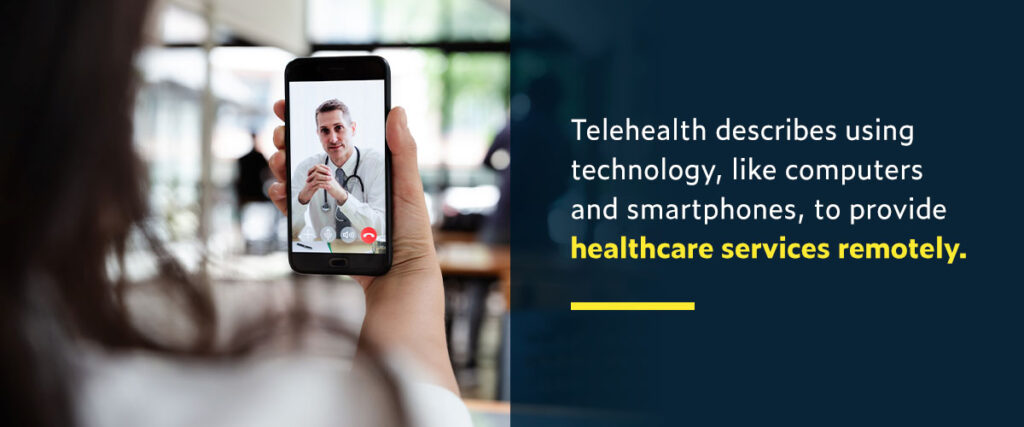How Subscription Based Healthcare is Changing Patient Accessibility to Services
How Subscription Based Healthcare is Changing Patient Accessibility to Services
Blog Article
The Surge of Subscription-Based Medical Care and Its Effect On Individual Treatment
As medical care evolves, the subscription-based design is getting grip, assuring to revolutionize client care by providing predictability and access. These versions, which bypass conventional insurance, might redefine the patient-doctor dynamic, highlighting tailored and preventative treatment. Yet, similar to any kind of technology, they offer obstacles, specifically concerning equitable access for all socioeconomic groups. The possibility for these versions to improve health care delivery raises pushing concerns regarding their long-lasting sustainability and inclusivity. Are these membership solutions the future of health care, or do they run the risk of leaving susceptible populations behind? The details of this change warrant a better evaluation.
Comprehending Subscription Health Care Models
Realizing the idea of registration health care models includes examining a transformative technique to medical services that stresses affordability and availability. These models, often referred to as straight medical care (DPC) or concierge medicine, have actually arised as ingenious choices to conventional fee-for-service health care systems. Registration healthcare enables people to pay a fixed regular monthly or yearly cost for a defined collection of medical solutions, which may include unlimited office visits, routine exams, and basic laboratory examinations, without the demand for conventional insurance coverage payment.
The framework of subscription health care designs is made to streamline client care by getting rid of third-party payers and complicated invoicing codes, therefore reducing administrative concerns. Health care carriers can concentrate extra on patient care, cultivating more powerful patient-provider partnerships. This design likewise promotes preventative care by encouraging regular gos to, as the financial obstacle of per-visit charges is removed.
The subscription model often empowers doctor to manage smaller individual panels, enabling even more personalized treatment. It lines up monetary incentives with patient wellness results, as carriers are inspired to preserve person satisfaction and health. On the whole, comprehending membership healthcare versions needs recognizing their potential to improve exactly how care is supplied and accessed.
Benefits for Patients and Carriers

With a consistent income stream, medical care experts can dedicate more time to each person, leading to a much more extensive and personalized treatment experience. The focus on preventive treatment within registration plans can lead to far better patient results and minimized long-lasting health care prices.
Challenges and Worries
While subscription-based health care designs present various benefits, they also come with a set of challenges and problems that have to be resolved. This elevates moral concerns regarding fair access to medical care solutions.
Financial sustainability of subscription-based models is an additional issue. Providers should balance the set income from registrations with the variable expenses of health care services, which might change because of unexpected medical demands. This can produce pressure to restrict services or rise charges, possibly influencing client complete satisfaction and care quality.
Furthermore, regulative oversight of subscription-based health care versions is still evolving. Dealing with these difficulties is vital for the effective and fair application of subscription-based health care.
Effect On Patient-Doctor Relationships
One significant effect of subscription-based health care designs on patient-doctor partnerships is the possibility for boosted connection and individualized treatment. By taking on a subscription model, physicians can manage a smaller patient panel, permitting even more committed time with each person. This increased availability fosters a deeper understanding of a patient's case history, way of life, and choices, allowing much more tailored therapy plans and treatments.

Nevertheless, it is essential to identify that while subscription-based designs might benefit those who can manage them, they can inadvertently broaden medical care disparities. Clients who are not able to take part in these versions could experience reduced accessibility to individualized care, potentially impacting their connections with medical care carriers. Thus, while the registration design provides encouraging benefits for patient-doctor connections, it additionally positions difficulties that require to be dealt with to make certain equitable healthcare access.
Future of Healthcare Gain Access To

The role of technology can not be neglected in this improvement. Telemedicine platforms and electronic health records promote seamless interaction in between people and doctor, breaking down geographical and logistical obstacles. Additionally, innovations in expert system and information analytics can better personalize healthcare by forecasting individual demands and maximizing therapy strategies.
Nevertheless, the future of health care access also offers difficulties, such as ensuring equity throughout various socio-economic groups. Policymakers and health care carriers should team up to connect the digital divide, ensuring that subscription-based versions remain inclusive and budget friendly. As these systems grow, they hold the promise of making health try this site care a lot more available, reliable, and patient-centric.
Verdict
Subscription-based healthcare designs are improving individual care by giving a stable cost structure and improving ease of access. These versions reinforce patient-provider relationships with personalized treatment and routine brows through, emphasizing preventative health. In spite of these advantages, difficulties such as ease of access concerns for low-income populations and the demand for fair health care remedies persist. The surge of subscription-based health care encourages proactive individual involvement, which has the potential to boost patient end results and contentment, signaling a transformative shift in health care shipment.
As healthcare advances, the subscription-based version is obtaining grip, assuring to transform individual treatment by using predictability and access.Subscription-based medical care versions provide distinct benefits for both individuals and providers, boosting the overall healthcare experience.As medical care systems advance, the future of medical care accessibility often hinges go right here on the integration of innovative designs and technologies.Subscription-based healthcare models are reshaping patient care by supplying a steady cost structure and boosting ease of access. The surge of subscription-based health care motivates proactive client engagement, which has the potential to boost individual results Visit This Link and fulfillment, signaling a transformative shift in health care distribution.
Report this page